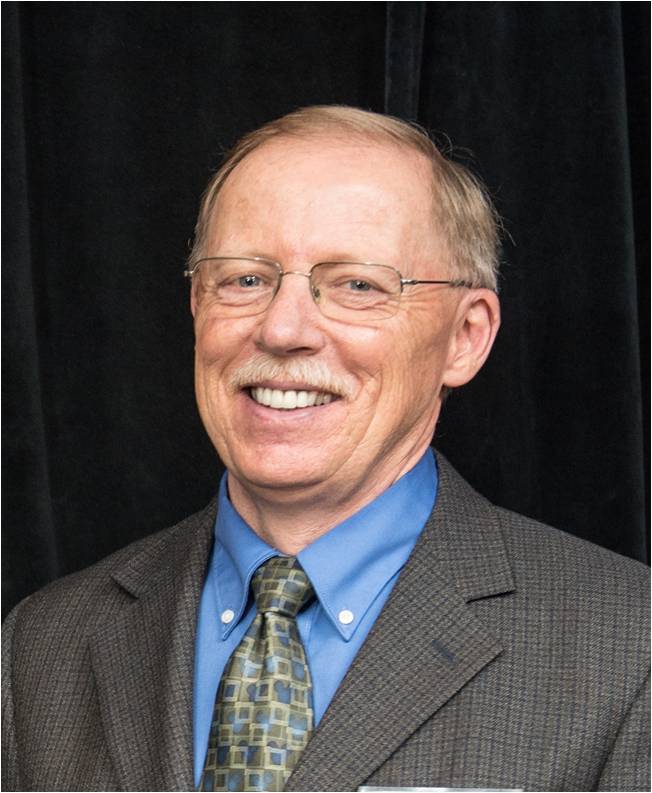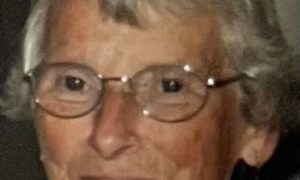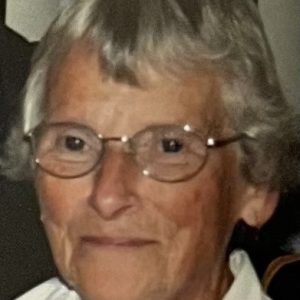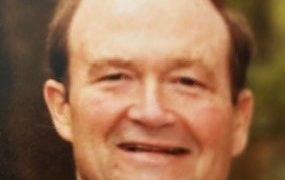Thanksgiving is a holiday that so many enjoy and yet is distinctly separate from issues of religion or someone’s birthday, unlike other holidays. In many ways, it also marks the beginning of the traditional ‘holiday season’ celebrated from November into early January. I hope that everyone was able to enjoy a wonderful Thanksgiving Day and that people were able to reflect on the many blessings we enjoy living here in the hilltowns. Despite the travails evident throughout the world and hyped in the media, I believe it’s important for each of us to recall and cherish the treasured aspects of our lives—family, friends, faith, workplace, and community—that we all too often take for granted.
While I’m regularly reminded of the importance of education in our lives and on the role it will play in the future success of our students, the daily dose of bad news we’re surrounded with on a 24/7 basis makes one wonder about the impact of the work we do in the schools. As I shared some pertinent quotes from the book All I Really Need to Know I Learned in Kindergarten with staff last week, it struck me that we’re actually trying to continue to emphasize these basic lessons throughout the time we’re fortunate to have these children in school.
The author, Robert Fulghum, lists 16 basic tenants learned in kindergarten. Throughout the activities in the district, I believe we’re as committed to these ideas as we are to the 21st Century Skills such as communications, creativity, collaboration, and critical thinking. From the idea that factual information should be readily and freely available as well as sourced appropriately as the backbone of an educated society (share everything, play fair, don’t take things that aren’t yours) to our ongoing focus on creating a positive school climate and our efforts to support our students’ social/emotional needs (don’t hit people; clean up your own mess; wash your hands; flush; say you’re sorry when you hurt somebody; when you go out into the world, watch out for traffic, hold hands and stick together), we’re building on these lessons. Given the stresses that children (as well as adults) face on a regular basis, I also believe we may want to consider how we can implement some of Mr. Fulghum’s remaining ideas (warm cookies and cold milk are good for you; live a balanced life – learn some and drink some and draw some and paint some and sing and dance and play and work some every day; take an afternoon nap; be aware of wonder – remember the seed in the Styrofoam cup where the roots go down and the plant goes up; goldfish, hamster, white rice and even the seed in the Styrofoam cup die, as do we; and remember the Dick and Jane books and the first word you learned–the biggest word of all–Look).
Living in this area of Western Massachusetts we take much for granted – little to no traffic, the space and solitude to enjoy nature, recreational activities outside our back doors, and the ability to make a difference in our communities on an individual basis. We have high rates of adult literacy, very little to no housing that would qualify as ‘substandard’ living accommodations in most of the world, and a plethora of goods ranging from cell phones to automobiles unattainable by so many in the developing world. Perhaps if we just took some time on a regular basis to remember, look at, and practice those life lessons that we learned in Kindergarten, we’d come to better see and appreciate what we have, how we can make a difference in the world, and how we may change our daily activities to incorporate those lessons as often as possible, so our lives become even richer and more meaningful.






